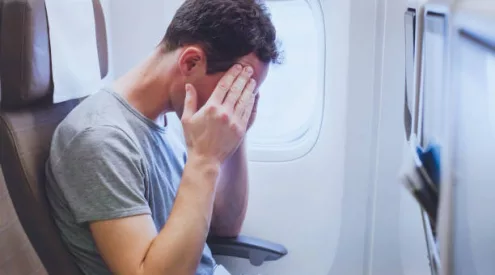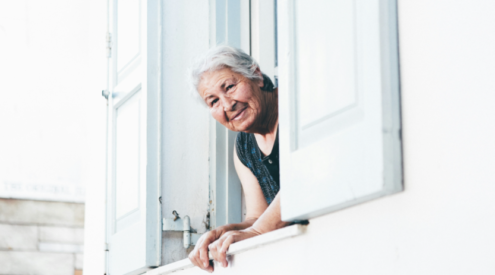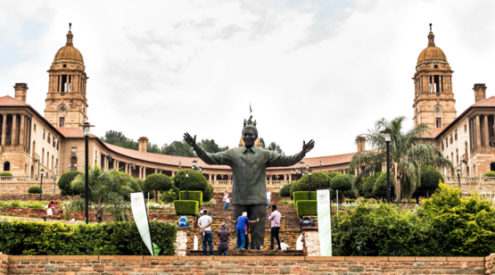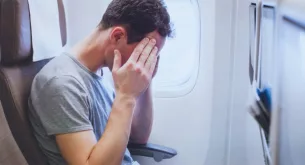The World Health Organisation (WHO) said in a statement that it is working closely with the United Nations World Tourism Agency (UNWTO) and other partners to assist countries ‘in ensuring that health measures be implemented in ways that minimize unnecessary interference with international traffic and trade.’
All public bodies, private companies and tourists should work together to decide on these responses in line with WHO’s overall guidance and recommendations.
Also read: South African government implements travel ban
In an update to the initial statement, the WHO said that it ‘continues to advise against the application of travel or trade restrictions to countries experiencing COVID-19 outbreaks and that countries that do implement health measures ‘which significantly interfere with international traffic are required to provide to WHO, within 48 hours of implementation, the public health rationale and relevant scientific information for the measures implemented.’
‘In general, evidence shows that restricting the movement of people and goods during public health emergencies is ineffective in most situations and may divert resources from other interventions.
‘Furthermore, restrictions may interrupt needed aid and technical support, may disrupt businesses, and may have negative social and economic effects on the affected countries. However, in certain circumstances, measures that restrict the movement of people may prove temporarily useful, such as in settings with few international connections and limited response capacities.
‘Travel measures that significantly interfere with international traffic may only be justified at the beginning of an outbreak, as they may allow countries to gain time, even if only a few days, to rapidly implement effective preparedness measures. Such restrictions must be based on a careful risk assessment, be proportionate to the public health risk, be short in duration, and be reconsidered regularly as the situation evolves.’
WHO also stated that travel bans to affected areas or denial of entry to passengers coming from affected areas are usually not effective in preventing the importation of cases but may have a significant economic and social impact.
Also read: South Africa bans cruise ships from ports
WHO’s recommendations for international travellers
It is prudent for travellers who are sick to delay or avoid travel to affected areas, in particular for elderly travellers and people with chronic diseases or underlying health conditions.
General recommendations for personal hygiene, cough etiquette and keeping a distance of at least one metre from persons showing symptoms remain particularly important for all travellers. These include:
- Perform hand hygiene frequently, particularly after contact with respiratory secretions. Hand hygiene includes either cleaning hands with soap and water or with an alcohol-based hand rub. Alcohol-based hand rubs are preferred if hands are not visibly soiled; wash hands with soap and water when they are visibly soiled;
- Cover your nose and mouth with a flexed elbow or paper tissue when coughing or sneezing and disposing immediately of the tissue and performing hand hygiene;
- Refrain from touching mouth and nose;
- A medical mask is not required if exhibiting no symptoms, as there is no evidence that wearing a mask – of any type – protects non-sick persons. However, in some cultures, masks may be commonly worn. If masks are to be worn, it is critical to follow best practices on how to wear, remove and dispose of them and on hand hygiene after removal (see Advice on the use of masks)
Travellers are also advised to follow proper food hygiene practices, including the five keys for food safety, as well as recommendations to reduce the risk of transmission of emerging pathogens from animals to human in live markets.
Travellers returning from affected areas should self-monitor for symptoms for 14 days and follow national protocols of receiving countries. Some countries may require returning travellers to enter quarantine. If symptoms occur, such as fever, or cough or difficulty breathing, travellers are advised to contact local health care providers, preferably by phone, and inform them of their symptoms and their travel history.
Although domestic travel within South Africa has not been completely suspended, it is strongly discouraged. SA Express has already halted all operations, and other local airlines are expected to follow suit.
Source: World Health Organisation
Image: Unsplash
















